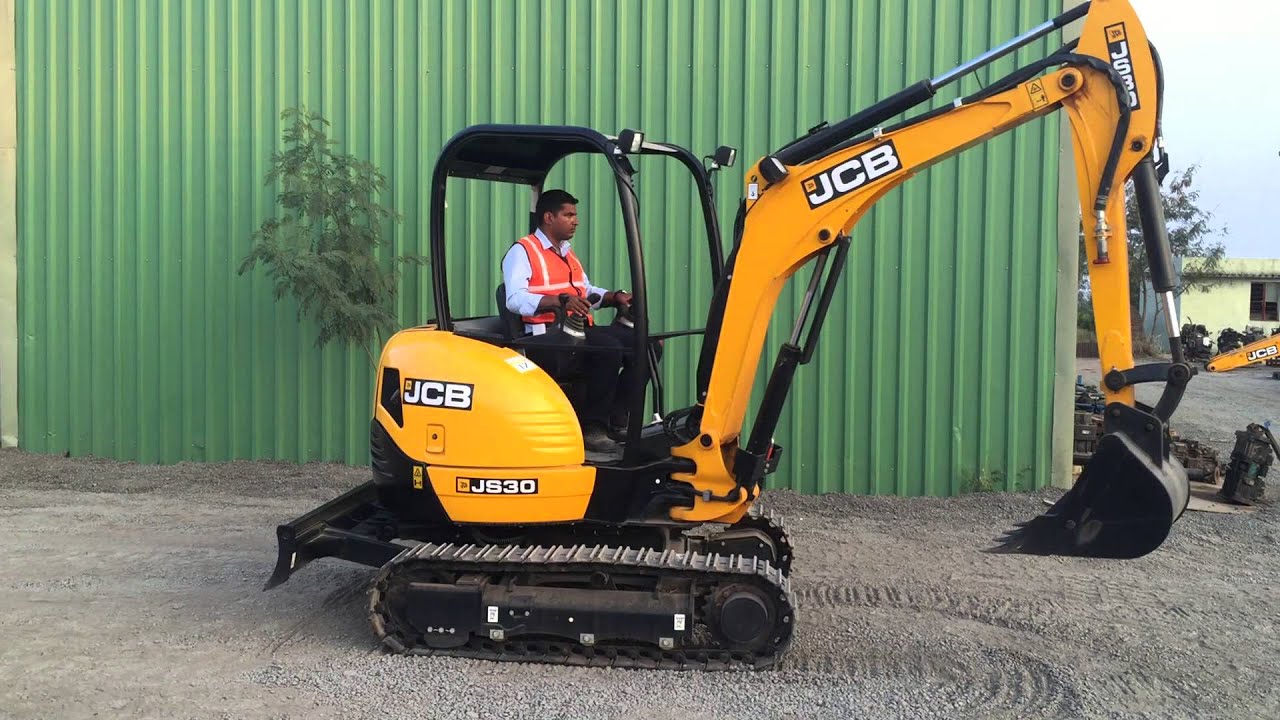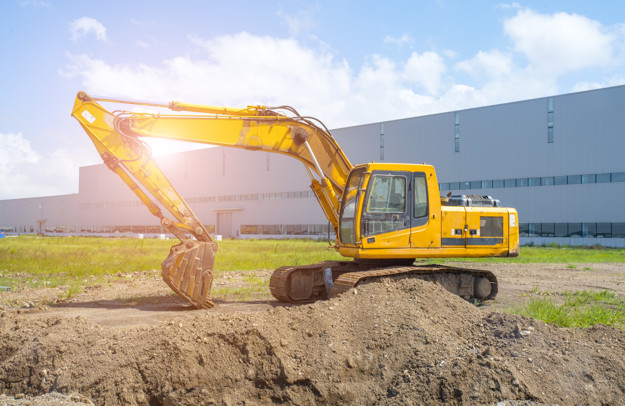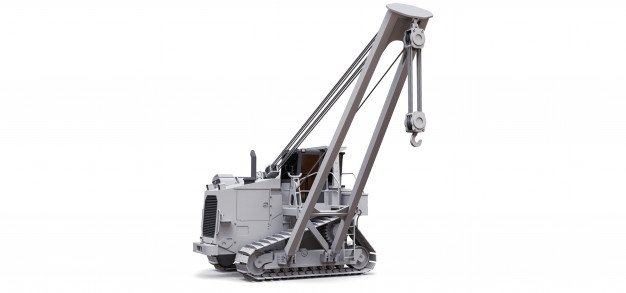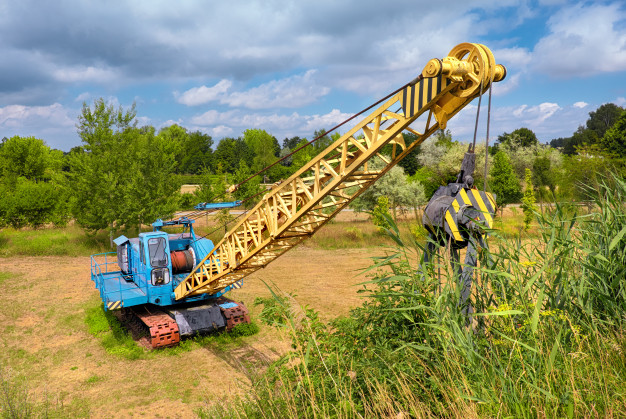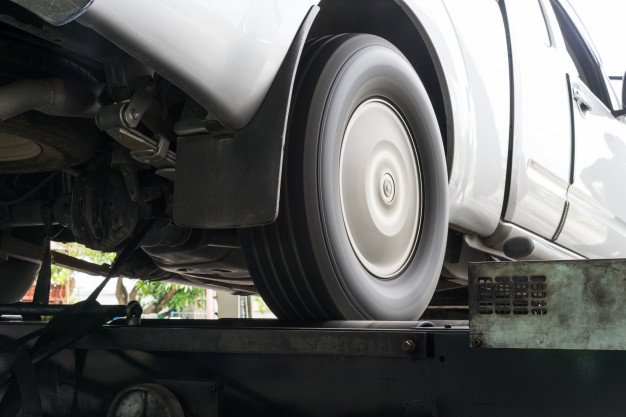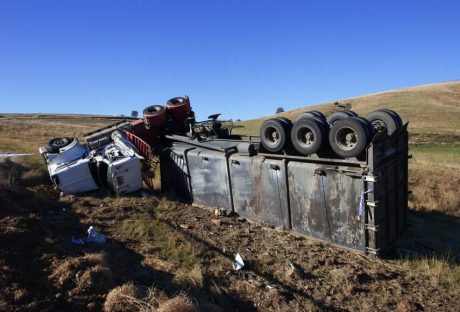If you’re interested in knowing more about the uses of the excavator, you can read more here in this article. Excavators are very useful machines in many industries such as construction or mining. This is because of its ability to dig and lift a large volume of materials.
How do excavators work? What are they used for? The answers to those questions will be found if you read more here below.
What is an excavator?
An excavator is a piece of heavy equipment that is often utilized in many industries. As the name suggests, it is able to excavate and lift materials. It consists of a bucket that is attached to the undercarriage by the boom. The undercarriage has tracks or wheels to move through difficult terrains. Most excavators have diesel engines that power the machine through hydraulic pressure.
Industries that use excavators:
Excavators have many applications across many industries. Below are several examples.
-
Construction
In the construction industry, excavators have many uses. Firstly, they are used to demolish old structures and remove debris. They are also used in normal grading work and landscaping before a new structure is erected. Excavators are used to removing heavy materials such as debris, soil, and construction materials.
After the landscape is prepared for construction, excavators are again used to dig foundations and holes. They are also used to install heavy piles in foundations.
In heavy-duty construction jobs, the type of excavators that are used are
-
Mining
Excavators are also very crucial in the mining industry. Without excavators, it is impossible to dig through the soil to find valuable resources.
The mining industry often operates in areas with uneven terrain. Excavators are used to landscaping these terrains and move heavy debris and soil.
-
Forestry
Forestry is another industry that makes heavy use of excavators. Excavators are used to removing and carrying heavy wood and logs. They are also used to dredge reservoirs and excavate soil in avalanche-prone areas.
Types of excavators:
Here are several types of excavators. Different types are used for different industries and functions.
1. Crawlers
Crawlers or compact excavators have two tracks rather than wheels. They are often used in construction and mining jobs to lift soil and other materials. The chain tracks enable crawlers to move through hilly terrains with more ease.
2. Dragline excavators
They have a bucket that is attached to a hoist and a dragline. They are often used for dredging in heavy-duty civil engineering jobs.
3. Skid steer excavators
This excavator has a bucket that faces away from the driver, which makes it useful in narrower sites. They are frequently utilized in digging and residential works in limited spaces.
4. Long reach excavators
They have longer arms and boom. It makes them suitable for areas with difficult terrains and hard-to-reach sites.
5. Suction excavators
Suction (vacuum) excavators are often used for underground applications to reduce the risk of damage.
Now you know about the use of excavators in different industries. Hopefully, the information you get after you’ve read more here will be useful to you.
Read Also:













